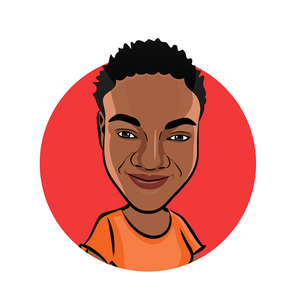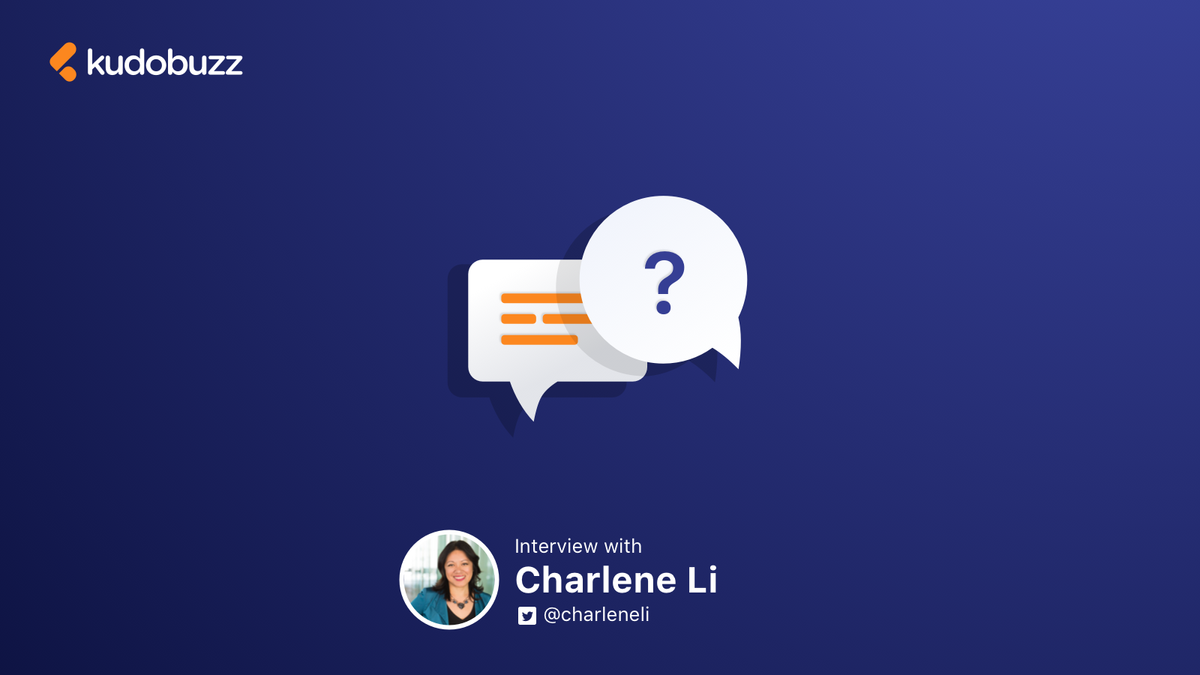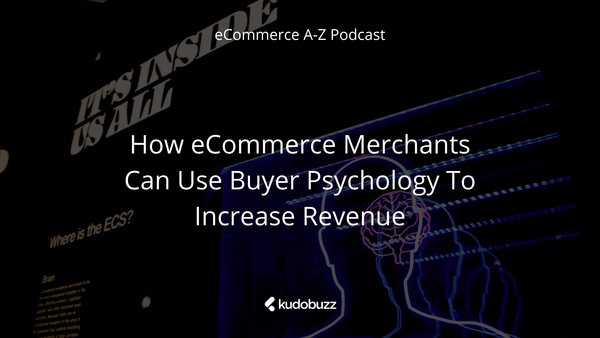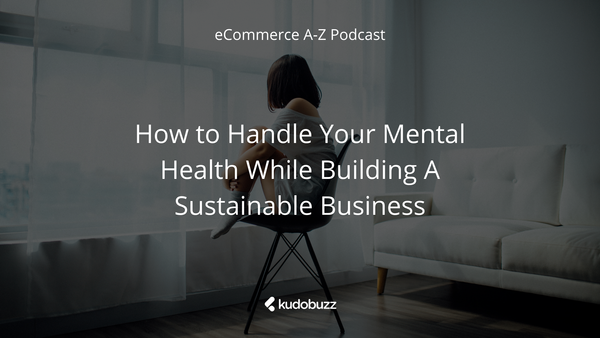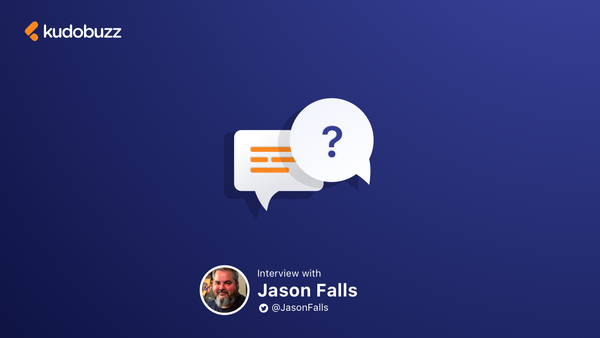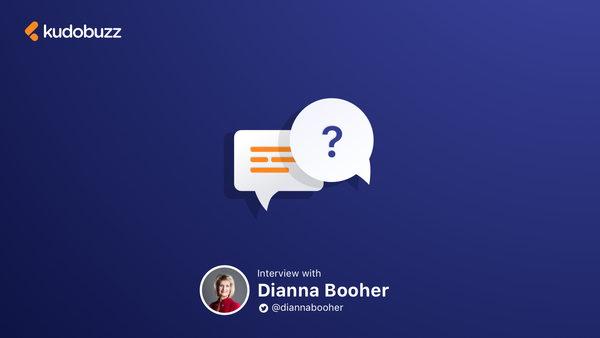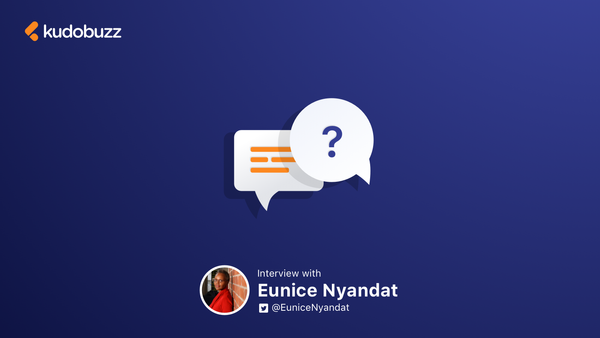The great Roman philosopher, Marcus Tullius Cicero once said: "A room without books is like a body without a soul." This quote brings into sharp focus the importance of books in every aspect of life.
In this episode of our series of interviews with top industry influencers, Kudobuzz throws the spotlight on prolific writer, Charlene Li.
For the past two decades, Charlene Li has been helping people see the future. She’s the author of six books, including the New York Times bestseller, Open Leadership and co-author of the critically acclaimed book, Groundswell. Her latest book is The Disruption Mindset, to be published in August 2019. She is the Founder and Senior Fellow at Altimeter, an analyst firm that was acquired in 2015 by Prophet. Charlene is a graduate of Harvard College and Harvard Business School and was named one of the most creative people in business by Fast Company.
- What are your current goals?
Two goals. The first goal is more short/medium term, which is to support disruptors in their quest to create exponential change. I'm doing that with the publication of my upcoming book, "The Disruption Mindset" and also seeing up a network of disruptors. The second goal is an ongoing goal, which is to seek out, experience, and create "A-ha moments", those times when we find something new and astonishing that helps you look at the world in a different way.
- Which is most important to your organization—mission, core values or vision?
Mission. If you don't know why you are here, then nothing else matters.
- How did you decide this was the industry you wanted to dominate? Or How did you find yourself in this industry?
I kind of fell into being an analyst - I was raising a young family and wanted to move into a non-management role while still being active in the latest business and technology trends. I intended to be an analyst for a few years and have been at it for 20 years!
- What are you doing to ensure you continue to grow and develop as an industry leader?
I remain curious about the problems and obstacles that people are tackling — and if I can help them, then I will keep being relevant.
- Did you have any formal education in this space or you schooled yourself via books and online courses?
When I started in digital in the mid-90's, there was no school, no books! It was brutal learn and build it as we went. I leaned on my colleagues and a network of other people trying to figure out together how all of this new stuff worked.
- What does your industry look like a year from now? Five years? Ten years?
I consider my industry to be thought leadership, primarily publishing content. I certainly hope that book publishing gets easier! Print is still powerful but the process of actually creating a book is still painful and hard. Moreover, publishers and retailers stand in the way of authors developing direct relationships with their readers. I believe in 10 years, we'll have greater transparency and fluidity in the publishing ecosystem that bridges the fluidity of digital with the production and distribution heft of the traditional publishing industry.
- Are you mentoring anyone? If Yes, would you encourage everyone to get a mentor and why?
I recently started mentoring a high school student in San Francisco, who will be the first person in their family to attend college. I do encourage people to find "mentors" but not to have to be too formal about it. I've had many people I've turned to for help throughout my career, who have taken the time to coach and develop me. So in that respect, yes! Be sure to ask people for advice! If you don't ask, you won't receive it.
- What’s the most important factor you consider when hiring someone?
Agency. I look for self-starters who take ownership in what they are doing. It's nearly impossible to train someone to have a strong sense of agency. I love strong communicators, but that's something that can be developed. I love strategic thinkers, but again, you can develop this in someone. But teaching someone to think for themselves, to feel and act like an owner? That's really difficult to develop.
- Which one thing do you wish you would have done differently?
When I set up my first company, I wish I had focused more on culture, and in particular, how we were going to make tough decisions.
- What would you advise a new e-commerce merchant to get a grasp on with regards to your industry?
Be very clear on not just who your customer is today, but also who your customer is going to be in the future. Your ability to drive exponential growth and be disruptive is directly correlated to how far out into the future you look.

